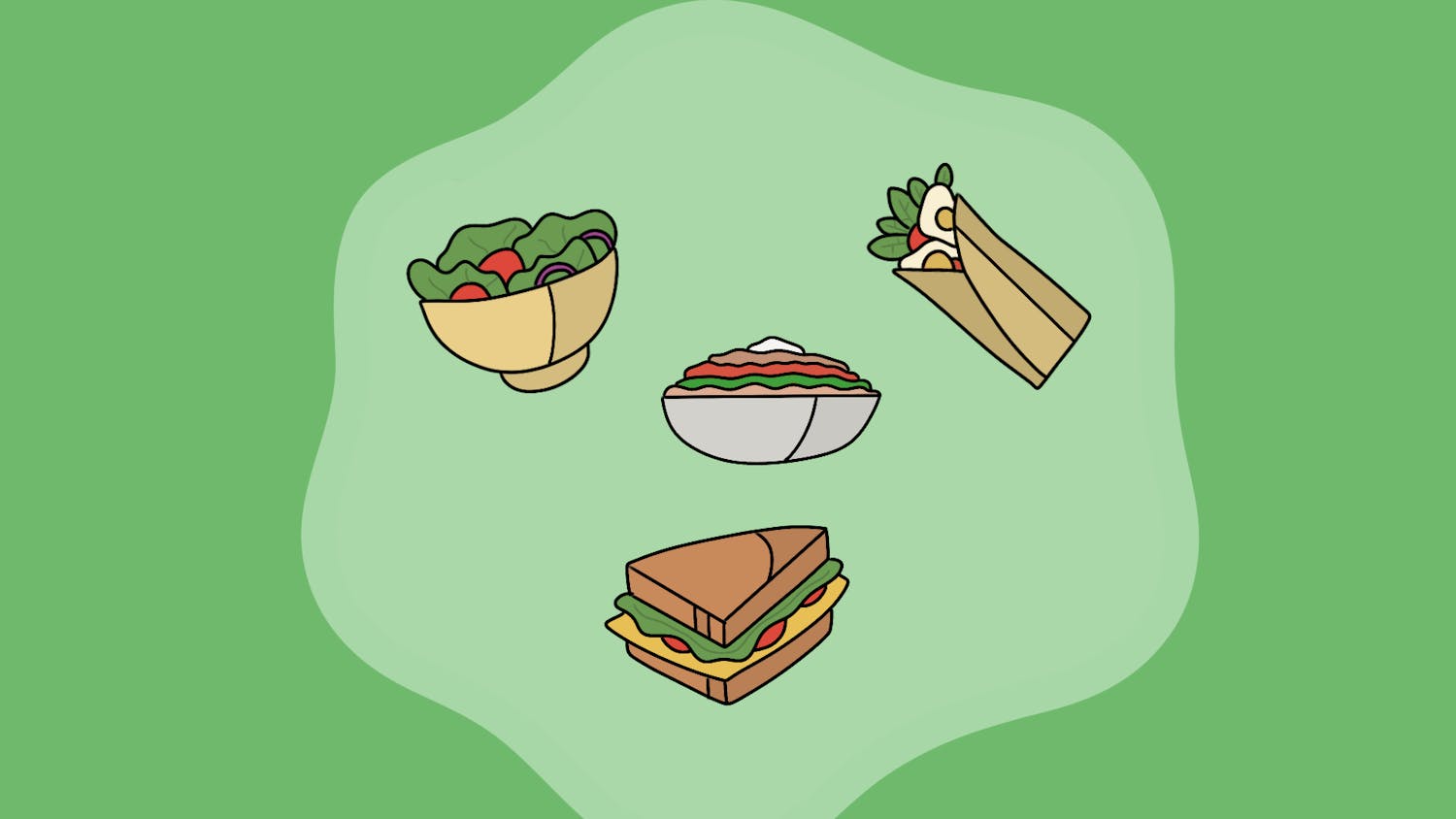When it comes to eating healthy, the decision facing many is whether to stick with traditionally-produced foods or to go au natural by switching over to organic.
Organic food is believed by many to benefit our bodies and environment by the way it is farmed.
In order for food to be deemed certified organic, farmers must meet the requirements of the Organic Foods Production Act.
According to the United States Department of Agriculture, an organic agricultural product is one that was produced and handled without the use of pesticides. To be considered organic, it cannot be grown in soil enriched by synthetic chemicals within three years prior to harvest.
"There's no chemicals, no pesticides, no herbicides," said Leonard Jones, general manager of Earth Fare. "In our meat there's no growth hormones. They're not fed any antibiotics or steroids."
Many people swear by eating organically.
"I've been doing this the last seven years," Jones said. "I feel great. I mean I look great. I feel good, and I don't get sick."
Jones, while at work, met a man who also fully believes in eating organically.
"He said ever since we've been open--and we've been open less than a year--he's lost 100 pounds," Jones explained. "It's changed his lifestyle, eating organic and all-natural foods."
Kate Peek, employee at Dayspring Nature Shoppe, is also an advocate for organic foods. She is currently working to eat more organically.
"I definitely think it's more beneficial to go organic just to eliminate some of those pesticides and chemicals," Peek said. "We get enough of those in our bath and beauty products and just walking around everyday. So I'm trying to cut out toxins where I can."
Although many believe that there are major health and environmental benefits to organic food, there are also some who question the legitimacy of organic farming, not to mention organic foods are more expensive than non-organic foods. The question then is whether the health benefits outweigh the high prices of organically-farmed food.
"It really depends upon which
viewpoint you want to take to look at," said Robin Fellers, associate professor and director of the dietetic program at Auburn. "In our society and our economy, it depends on what your preference is and what you can afford to pay."According to Fellers, from an environmental viewpoint, organic farming is very beneficial.
Organic farming does not reduce the amount of topsoil as quickly as conventional farming, and there is less run off.
Topsoil, like its name implies, is the uppermost layer of soil that is used to grow crops.
Underneath the topsoil is clay, and it is not possible to grow good vegetation in clay.
"There are people who are very much into organic farming and they absolutely believe that it's the best thing," Fellers said. "They'll say it preserves the soil, and it does. And they'll say its more nutritious, and there's some evidence of that."
Organic foods retain more antioxidants than conventionally-grown foods. However, organic foods have lower levels of protein than regularly-grown assisted crops, Fellers said.
"It's not to say that the rest of the food supply is a bunch of garbage," Fellers said.
For all non-organic foods, the FDA established specific, safe levels of pesticides.
As long as the farmer applies the pesticides at the right points during the crops' growth cycle, as required by the FDA, then by the vegetable's maturity, the pesticide will no longer be in its system, Fellers said,
"There's nothing cut and dried," Fellers said. "You can't say yes it's better for you across the board, because it may not be. "
The best thing to do, Fellers said, is to grow your own, but it requires a lot of work, and it is expensive.
"It's probably cheaper to buy it at the grocery store," Fellers said.
It is up to the consumer to decide whether the higher prices are worth it.
Do you like this story? The Plainsman doesn't accept money from tuition or student fees, and we don't charge a subscription fee. But you can donate to support The Plainsman.



